Understanding collective trauma and its impact on our life choices
2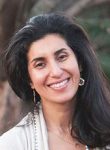
by Maryam Ovissi, C-IAYT
“Collective trauma is a cataclysmic event that shatters the basic fabric of society.” Gilad Hirschberger
On March 23, 2020, the Covid-19 Pandemic shutdown landed in our region. My world changed as a mother, partner, daughter, caregiver, yoga therapist/teacher, and yoga sanctuary owner. I have about 50 teachers, mostly contractors, and several employees. These articles are shared from my lens as a yogin, yoga therapist/teacher, and yoga sanctuary owner. I am accentuating how we can no longer ignore the necessary inquiries we need to make when we choose work that is dedicated to alleviating individual suffering. I believe it is the responsibility of a Yoga Therapist to know how to address collective trauma and individual trauma while staying within our scope of practice (as defined by IAYT).
Covid-19 Pandemic has changed our work as Yoga Therapists, working both in private practice and in clinical settings. Part of the work of a Yoga Therapist is to conduct assessments that look at the whole person. We also creatively adapt the assessment, questions, and explorations to meet each person, and perhaps more than ever, we now need to meet the times. In reflection of Patanjali’s Yoga Sutra (PYS) 1.1 Atha Yoganusanam, we can expand the lens to not only mean the now of this moment that the person is in as an individual. Instead, let us consider the now of this moment that their family, culture, and society are in.
As a Svastha-trained Yoga Therapist, the ten domains of Svastha Yoga offer an integrated model of care for the whole Self. Part of our unique scope of practice (as Yoga Therapists) is the method invites bottom-up, top-down, and in-out exploration. I find that in my work with clients, conversations around the “meaning of life” often emerge, especially when there is decision-making around our habits and how they impact our quality of life. Dharma means the purpose of one’s life. Dharma (purpose) has the root of ‘dh,’ which means to hold. The holding of our purpose in Yoga Philosophy often has layers. The layers are revealed over time, with deepening experience in practice and life. According to classical yoga, the only dharma a practitioner of yoga has is to embody the yamas and niyamas (guiding principles and the first two limbs of Astanga (8-limb) Yoga, as explained by Patanjali Yoga Sutras. At first glance, this can feel like a personal journey. It is, and it also has a tremendous collective impact; similarly, the collective society has a life-altering effect on an individual.
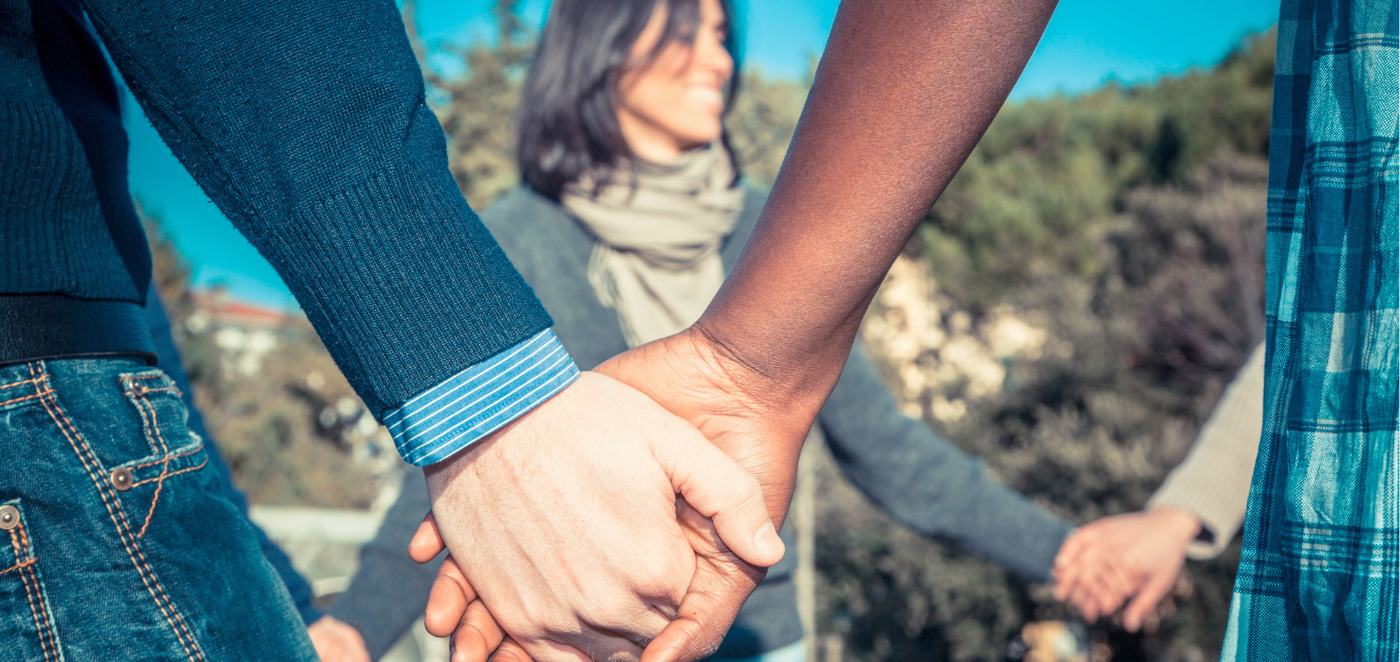
Collective trauma can influence an individual’s dharma. We may choose vocations, paths of study, or commitments as a response to a collective society, which includes our family stories. The psychosocial aspect of health care has just started to become part of medical models; this is one of the reasons why the inclusion of Yoga Therapy/Therapists in health care is essential for the common goal of alleviating suffering.
I am passionate about bringing voice to this, especially in our work as Yoga Therapists, because we must be willing to bring in the collective experience and know how to invite it with thoughtful inquiry and sadhana (individual care) practices. It is incumbent upon our field to progress and evolve. Progress doesn’t happen just by the passing of time. I believe the progress that creates cultural-psycho-social change happens with intentional practices that affect how we respond to both collective and individual trauma.
Over the next several weeks, we will explore different aspects of collective trauma and the tools we can use to understand it, be in a relationship with it, and develop skills to begin to heal it. I will also invite you to reflect on how different aspects of collective trauma play out in your own life and the lives of your clients.
Please consider taking a few moments to reflect on these prompts. Perhaps journal or bring them up as a group conversation.
- How has the Covid-19 Pandemic affected me?
- How have I acknowledged the impact of the pandemic on my clients in relation to their goals in working with me as a Yoga Therapist?
- What are two questions I can add to my assessment that invites the collective community of the individual? (i.e., Tell me about your support system. Do you feel you have a community/person you can reach out to share for support?)
- Consider exploring the yamas (the guiding principles in Yoga 8 Limb Path) as part of your private or group sessions with your client/s.
Next week we will talk about the role of belonging in our healing process – tune in!
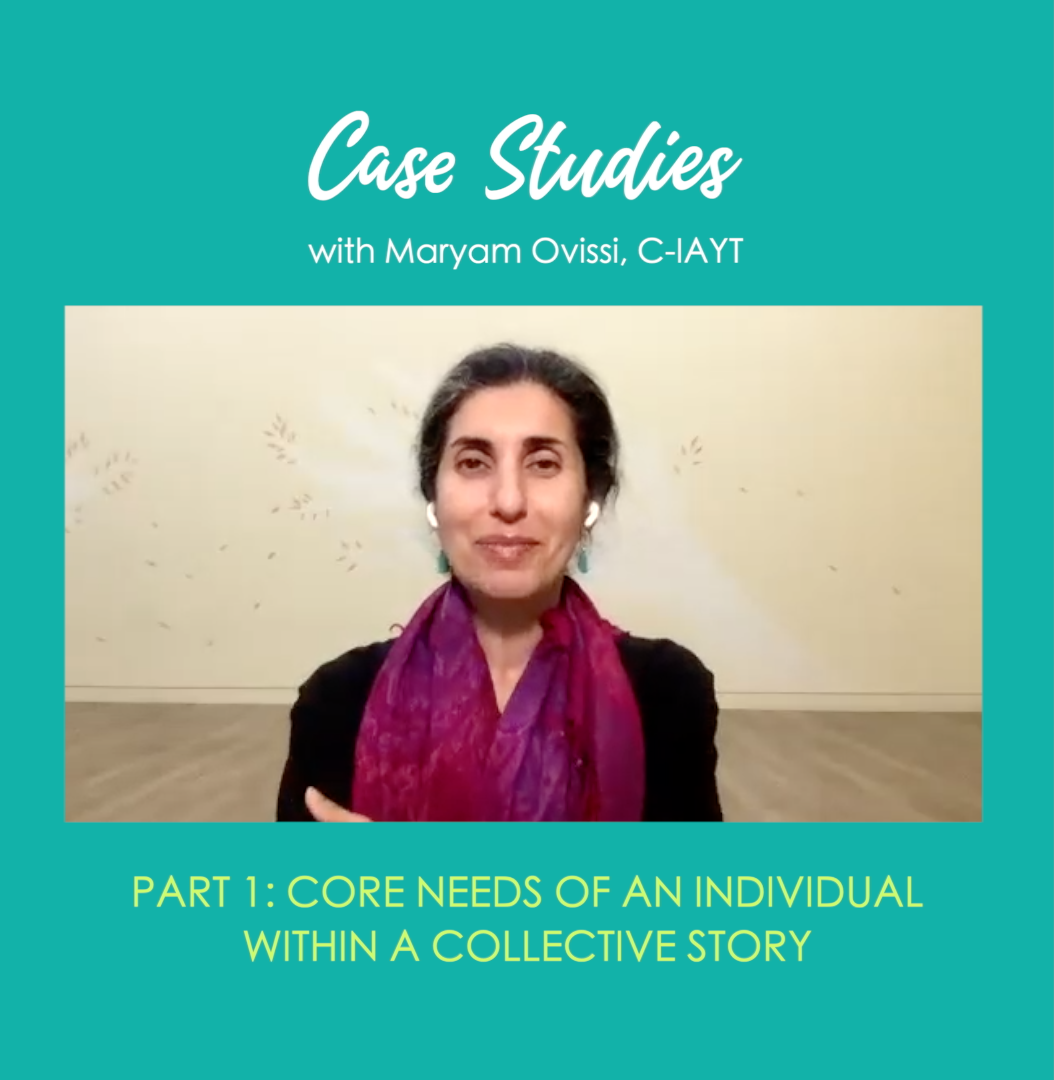
Check out Maryam’s Real-Life Case Studies video series on the Sequence Wiz community site. (Available exclusively to Sequence Wiz members. Learn more about Sequence Wiz membership >)
Part 1 (coming this Friday): Core needs of an individual within a collective story
We will release Maryam’s case studies once a week on Fridays; join our Case Studies group to follow along!
[jetpack_subscription_form]
About Maryam
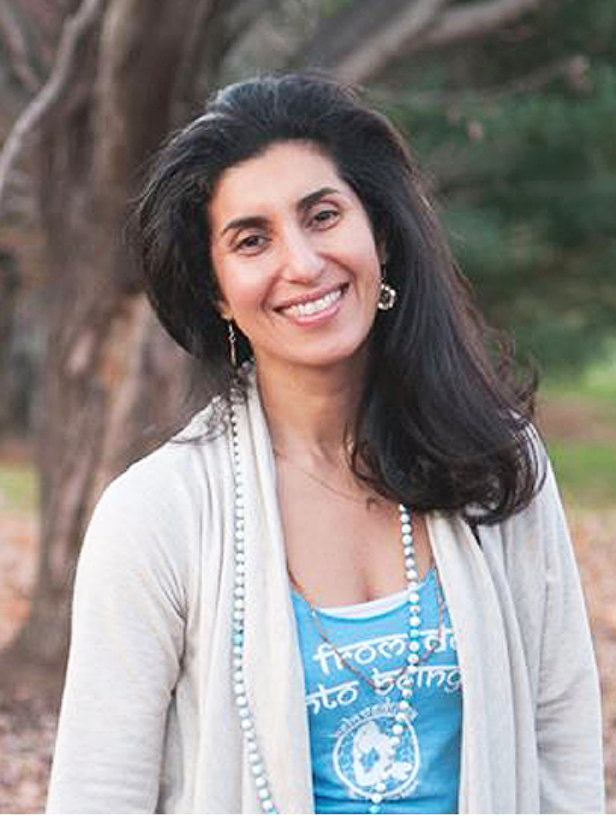 Maryam Ovissi is an accredited Trauma-Informed Clinical Yoga Therapist and Yoga Teacher. Her personal mission as an educator is to provide an opportunity for her students to have access to tools that allow healing, empowerment, and self-realization. Maryam founded Beloved Yoga: A Sanctuary for All, located in Reston, VA, offering yoga therapy, trauma-informed yoga, and a range of accessible classes to share the indigenous teachings of Yoga and Ayurveda with reverence, integrity and accessibility for the community at large, locally and internationally. Maryam’s teachers are the Mohans, and she is honored to be a lead teacher in their Svastha Yoga Therapy Program.
Maryam Ovissi is an accredited Trauma-Informed Clinical Yoga Therapist and Yoga Teacher. Her personal mission as an educator is to provide an opportunity for her students to have access to tools that allow healing, empowerment, and self-realization. Maryam founded Beloved Yoga: A Sanctuary for All, located in Reston, VA, offering yoga therapy, trauma-informed yoga, and a range of accessible classes to share the indigenous teachings of Yoga and Ayurveda with reverence, integrity and accessibility for the community at large, locally and internationally. Maryam’s teachers are the Mohans, and she is honored to be a lead teacher in their Svastha Yoga Therapy Program.
Maryam published Care of the Whole Self: Yoga-Inspired Practices for Befriending the Self in 2020 amid the COVID-19 pandemic. Before that, she wrote Pilgrimage through Patanjali’s Yoga Sutras: Guidebook for Yoga Travelers. Her other writing can be found in publications such as Yoga Therapy Today, World Medical & Health Policy, the American Institute for Cancer Research, and Yogi Times. She is a contributor to the groundbreaking 2022 publication of Yoga Therapy Across the Cancer Care Continuum by Leigh Leibel and Anne Pitman and A World Between: Poems, Short Stories and Essays by Iranian Americans (1999).
Maryam’s commitment to service and public well-being is the guiding light in all her work. Growing up with a renowned international Iranian modern artist, her father, Nasser Ovissi, immersed her in the sea of reverence for art and creativity. She serves on the board of the Tephra: Institute of Contemporary Art and also makes time to explore creativity in her own life through writing poetry and art-making. As an appointed advisory council member to Cathy Hudgins Southgate Community Center as well as NUFDI, she is grateful to be involved in meaningful ways to support the underserved and consider initiatives that activate collective solutions for mental health and human rights.


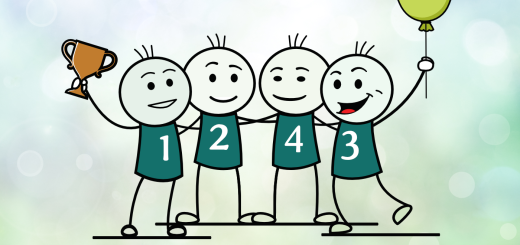
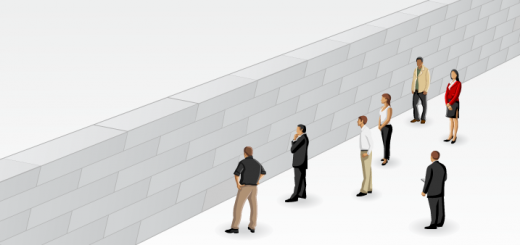
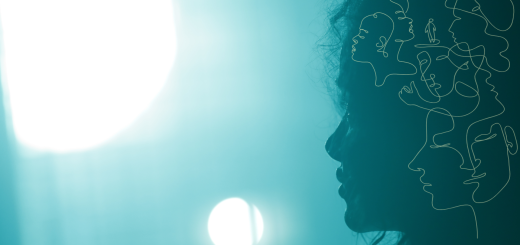

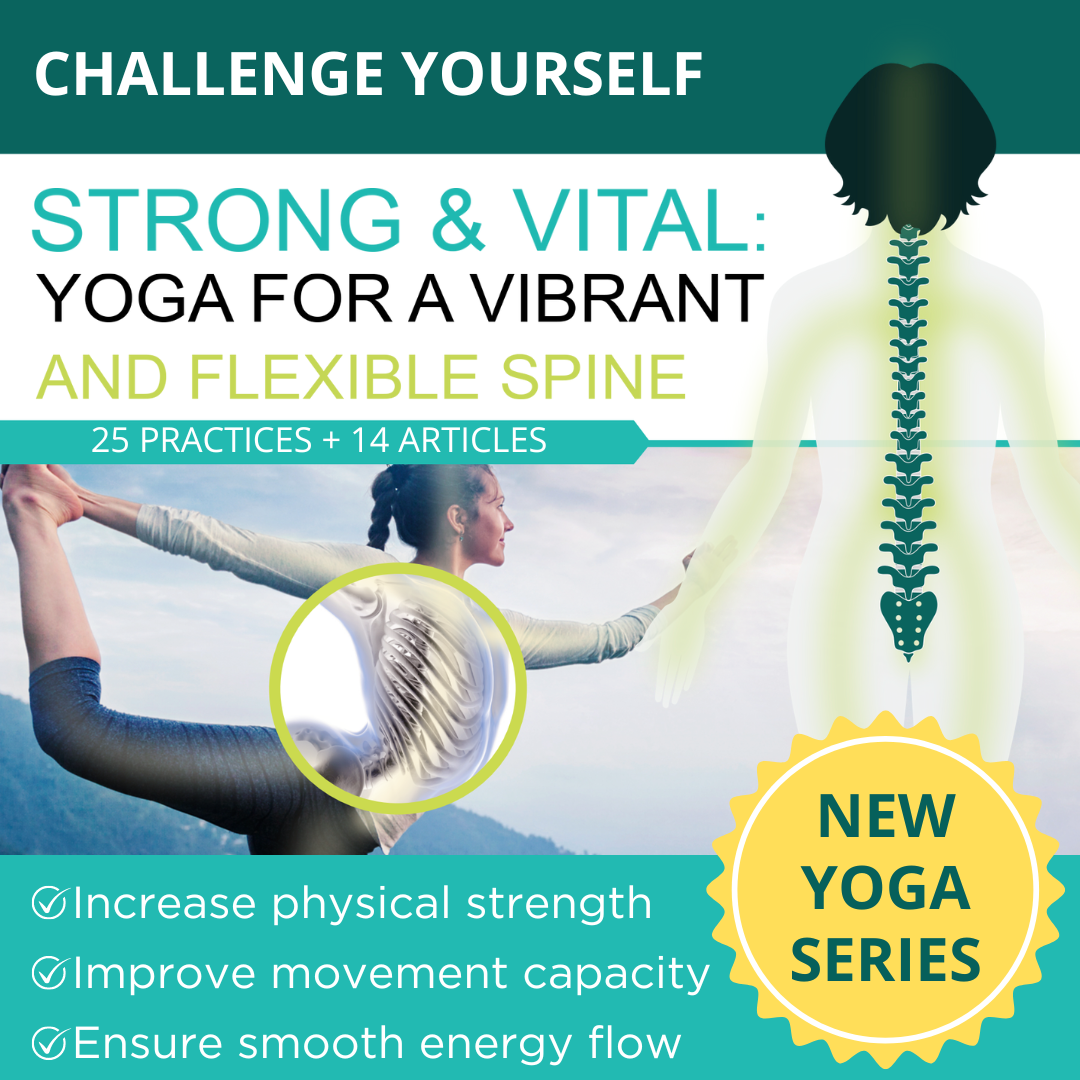

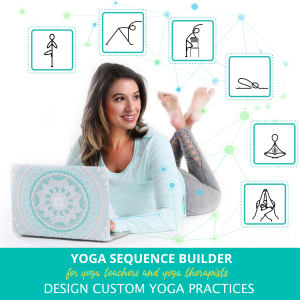


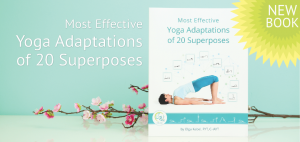
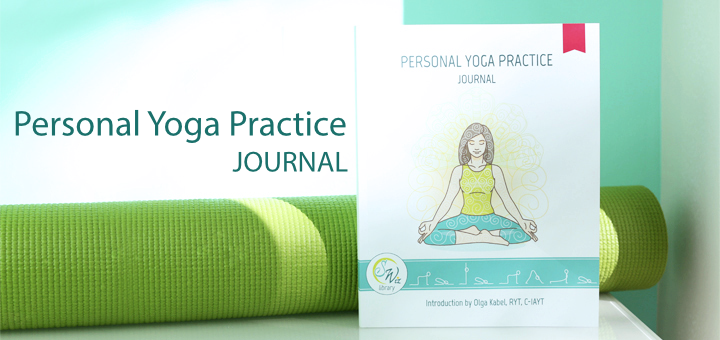





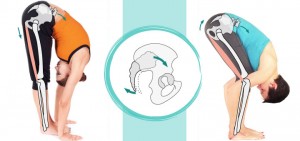
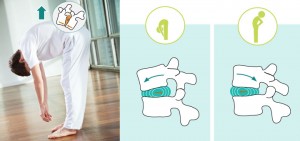
Thank you for this most informative message.
I am a yoga instructor and this is very helpful moving forward in these times.
I begin a class in the fall with young students
who live in a community with a lot of trauma,
including violence. I plan to include some yoga philosophy. These young students are so receptive and willing to learn. I also teach a group of elders, and this will be a good conversation to have with them. I look forward to your posts.
Thank you so much Stephanie! I think you will enjoy the full series as I share tools and considerations! The youth will benefit so much from your thoughtful and intentional presence!